Showing 1-15 of 25 results

Health Lab
A team of researchers have spent the past eight years looking at better ways to transport organs for donation, specifically hearts, to improve the number of organs that can be used for transplants. They found that using a modified normothermic perfusion system heart preservation was feasible for up to 24 hours.
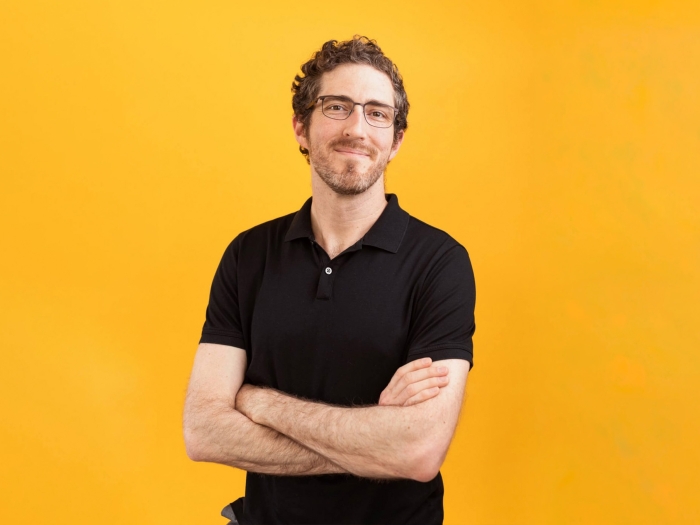
Health Lab
An ophthalmologist and beloved comedian shares his thoughts on the field to aspiring clinicians.

Health Lab
A Michigan Medicine ophthalmologist and retinal surgeon shares advice for viewing the total solar eclipse safely, including what to look for in eye protection.

Health Lab
Elective surgery study shows older adults have concerns about what it will cost them, how much work they’ll miss and whether they’ll catch COVID-19.
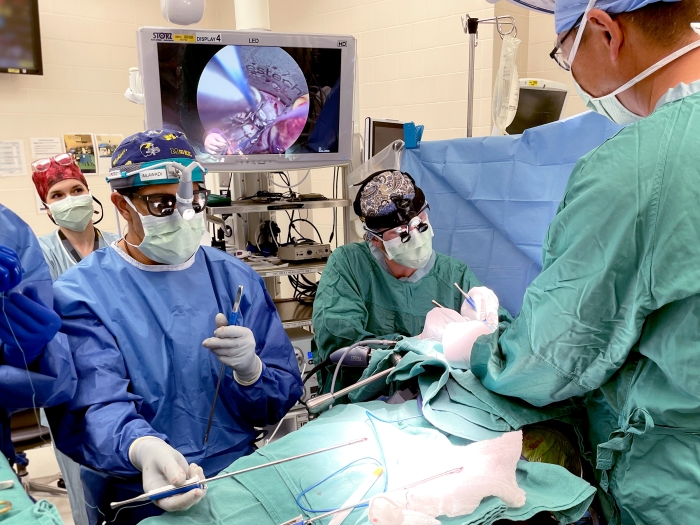
Health Lab
Michigan Medicine’s head of cardiac surgery, Gorav Ailawadi, M.D, M.B.A., answers questions about different treatment options for heart valve disease.

Health Lab
Older adults who live in disadvantaged communities are less likely to attend cardiac rehabilitation after common heart procedures, a Michigan Medicine-led study finds.
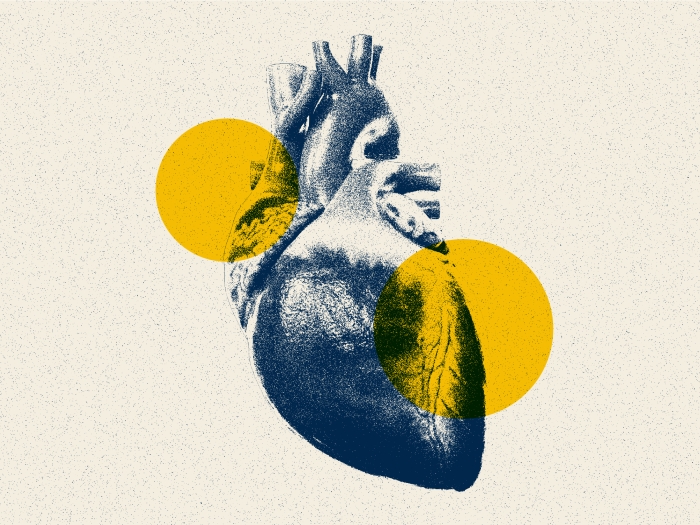
Health Lab
The vast majority of people who have a minimally invasive heart valve replacement procedure do not participate in recommended cardiac rehabilitation, a Michigan Medicine-led study finds.
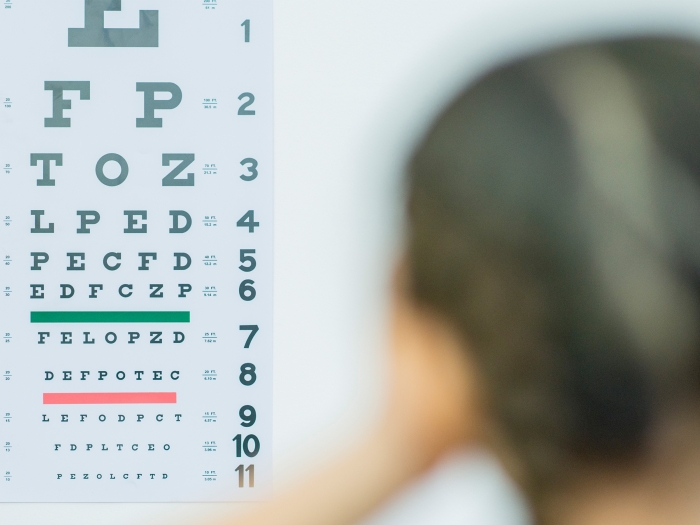
Health Lab
Few children are getting eyes checked at their pediatrician or other regular doctor’s office, and rates vary greatly by insurance status.
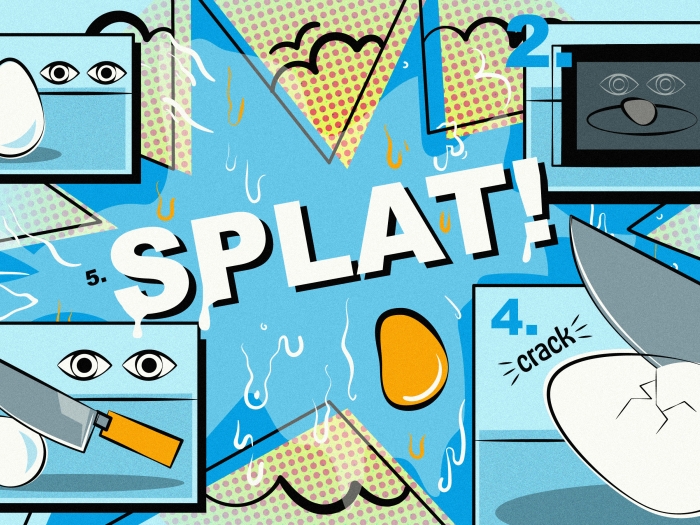
Health Lab
The social media trend involving microwaving hard boiled eggs, then slicing them to explode, can be dangerous to your eyes experts say.
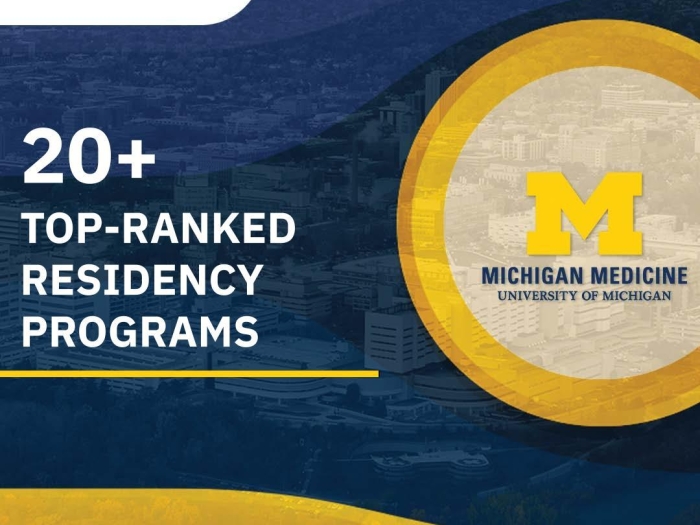
News Release
There are 13 U-M graduate medical education programs ranked in the top 10 by Doximity.
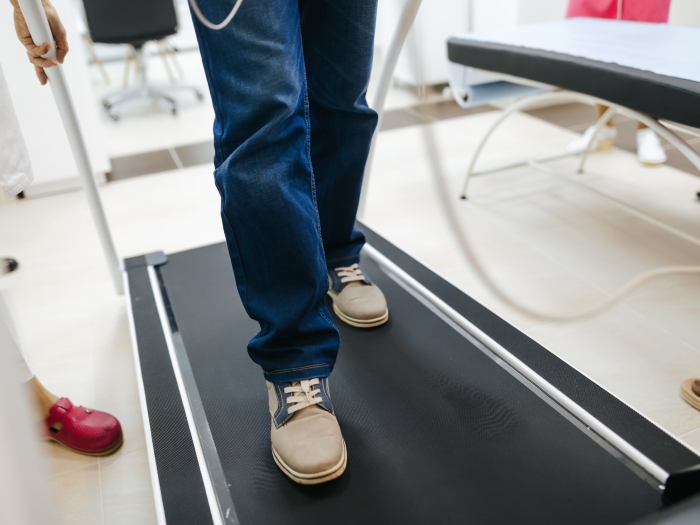
Health Lab
A Michigan Medicine study finds people who participate in cardiac rehabilitation have a decreased risk of death years after surgery, with a trend towards better outcomes in patients who attend more sessions.
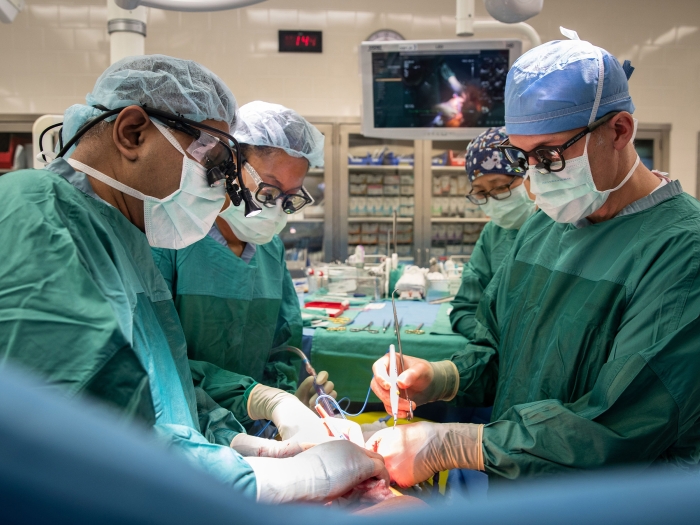
Health Lab
Researchers discover new opportunities for preventing kidney injury following cardiac surgery.
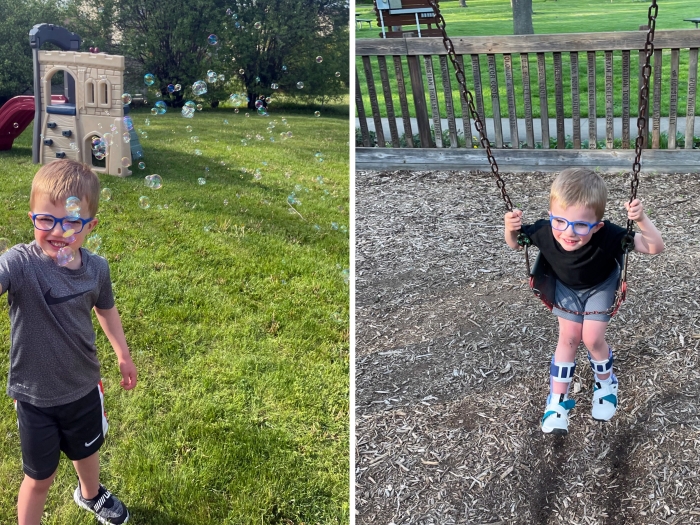
Health Lab
In Michigan, families don’t have to travel far for top pediatric eye specialists
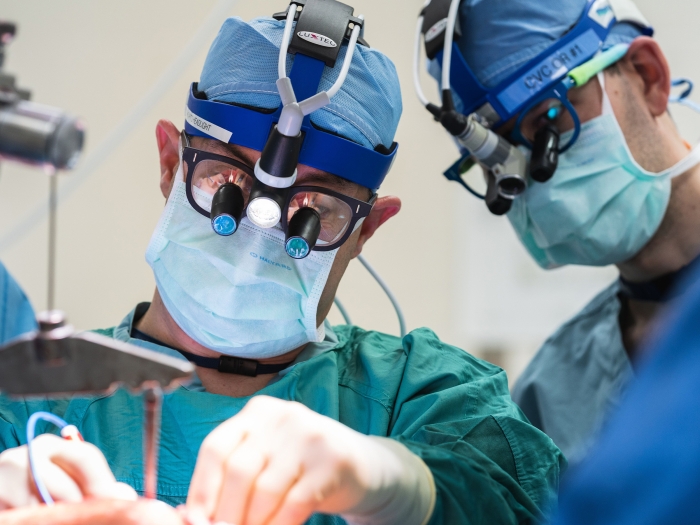
Health Lab
As the number of heart transplants performed across the United States continues to grow, surgeons at the U-M Health are taking advantage of technology that could increase its transplant yield by as much as 30%. Transplant surgeons in Ann Arbor completed the health system’s first heart transplant using an organ from a donor who had recently died — a process called donation after circulatory death, or DCD.